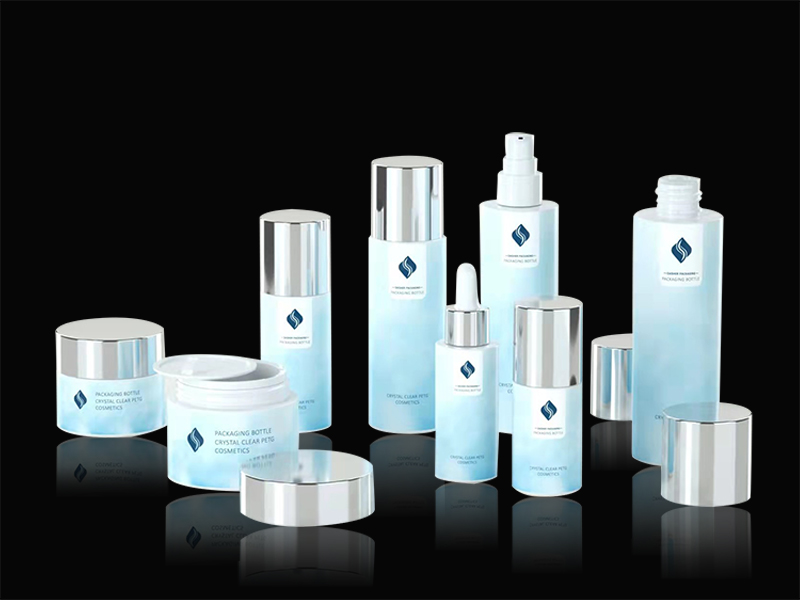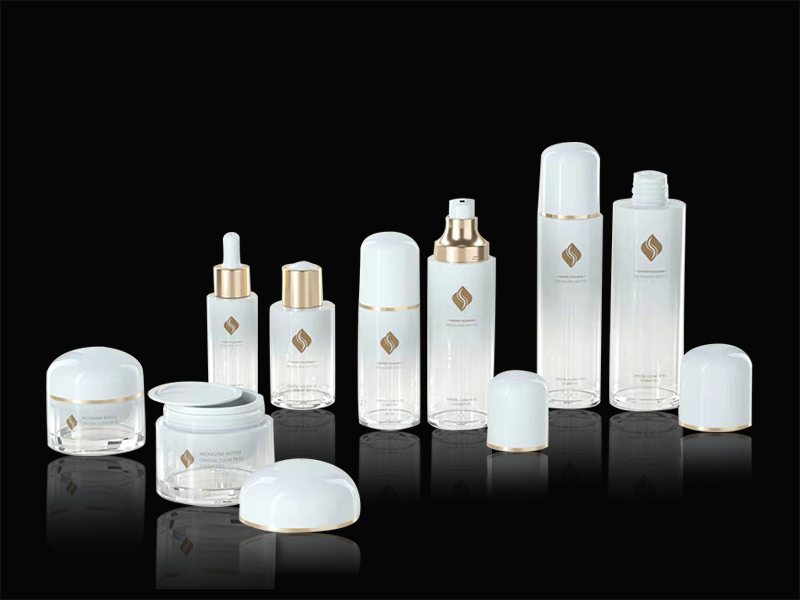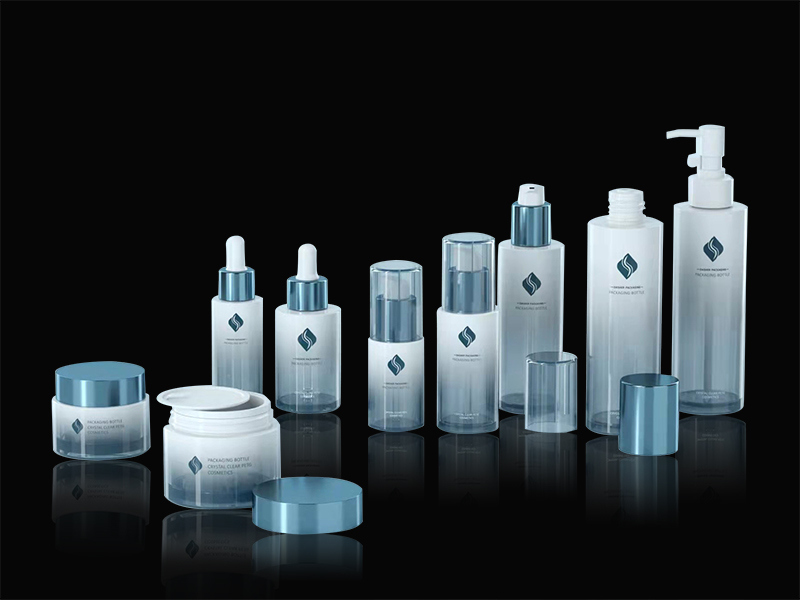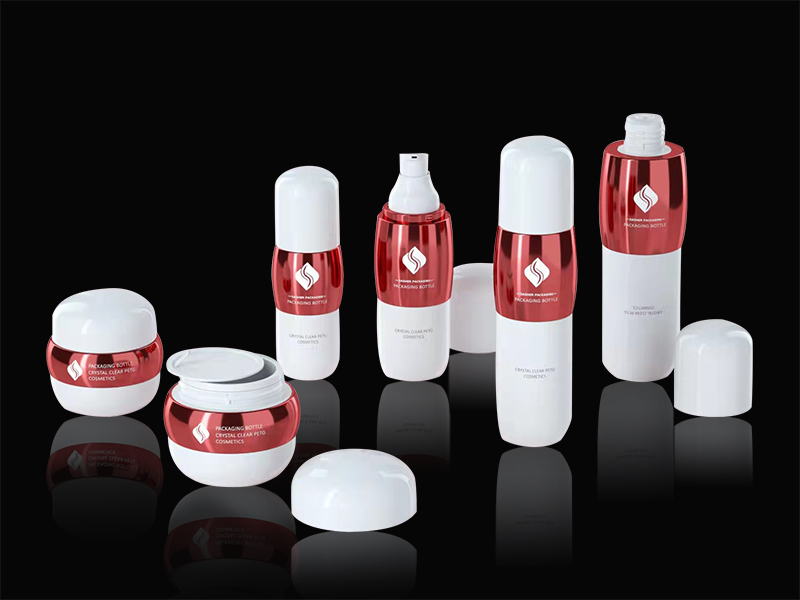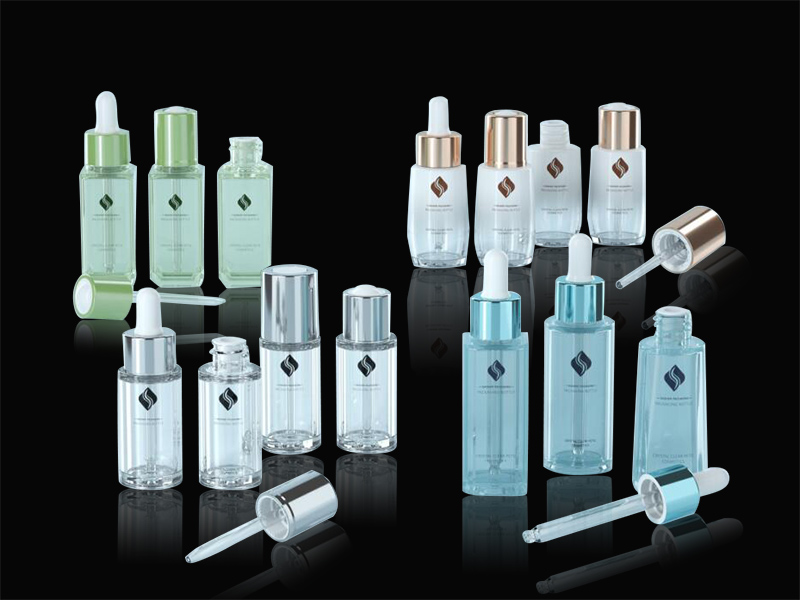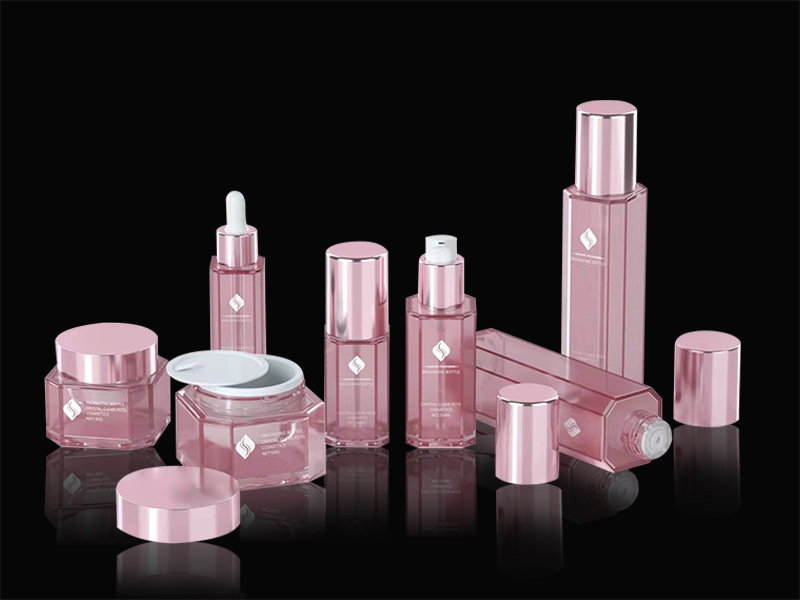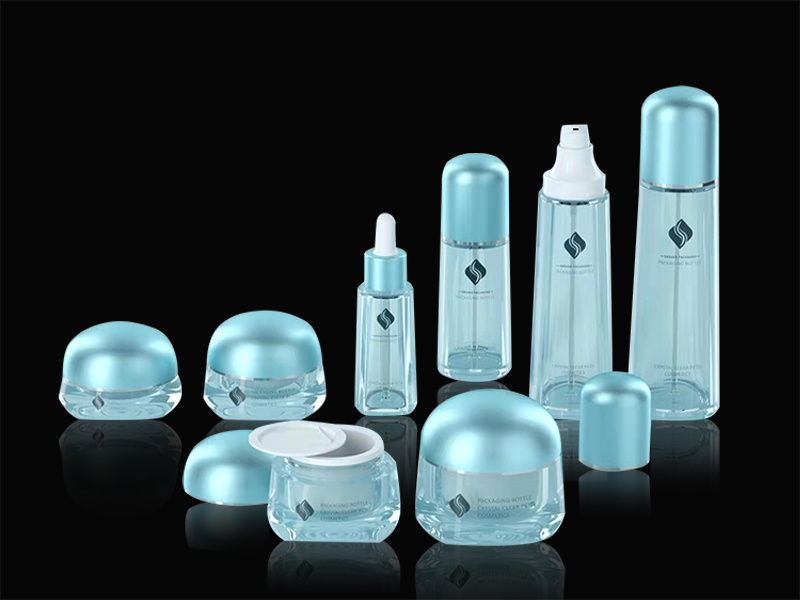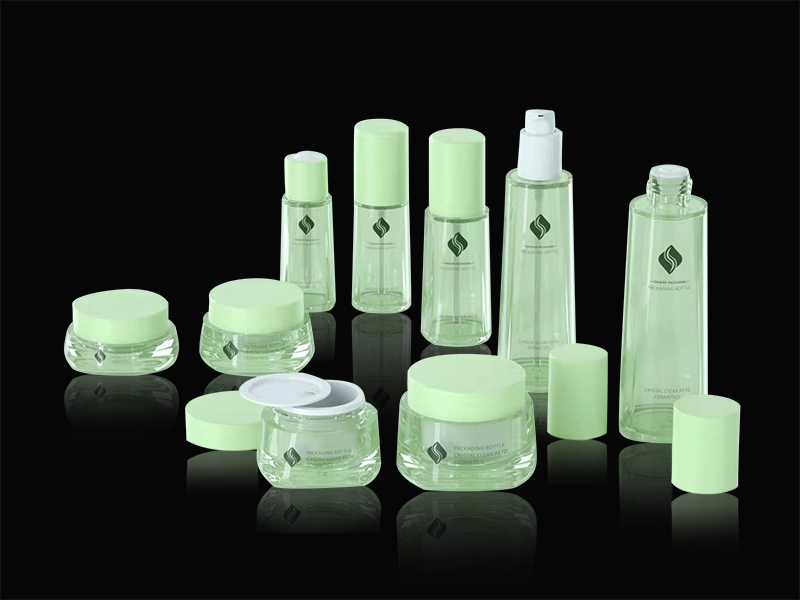Mechanical properties
Polymethyl methacrylate has good comprehensive mechanical properties and is in the forefront of general-purpose plastics. The tensile strength, tensile strength, compression and other strengths are higher than that of polyolefins, and higher than that of polystyrene and polyvinyl chloride. The impact toughness is poor. But also slightly better than polystyrene. The cast bulk polymethyl methacrylate sheet (such as aerospace plexiglass sheet) has higher mechanical properties such as stretching, bending and compression, and can reach the level of engineering plastics such as polyamide and polycarbonate.
In general, polymethyl methacrylate has a tensile strength of 50-77 MPa and a flexural strength of 90-130 MPa. The upper limit of these performance data has reached or exceeded that of some engineering plastics. Its elongation at break is only
2%-3%, so the mechanical properties are basically hard and brittle plastic, and have a notch sensitivity, easy to crack under stress, but the fracture is not as sharp as polystyrene and ordinary inorganic glass. 40 ° C is a secondary transition temperature, which is equivalent to the temperature at which the side methyl group starts to move. When the temperature exceeds 40 ° C, the toughness and ductility of the material are improved. Polymethyl methacrylate has a low surface hardness and is easily scratched.
The strength of polymethyl methacrylate is related to the stress action time, and the strength decreases as the action time increases. The mechanical properties of the stretched oriented polymethyl methacrylate (oriented plexiglass) are significantly improved, and the notch sensitivity is also improved.
Polymethyl methacrylate has low heat resistance. Although its glass transition temperature reaches 104 ° C, the maximum continuous use temperature varies between 65 ° C and 95 ° C depending on the working conditions. The heat distortion temperature is about 96. °C (1.18MPa), Vicat softening point of about 113 °C. The heat resistance can be improved by a method in which a monomer is copolymerized with propylene methacrylate or ethylene glycol diacrylate. Polymethyl methacrylate also has poor cold resistance, and the embrittlement temperature is about 9.2 °C. Polymethyl methacrylate has moderate thermal stability, superior to polyvinyl chloride and polyoxymethylene, but less than polyolefin and polystyrene. The thermal decomposition temperature is slightly higher than 270 ° C, and its flow temperature is about 160 ° C. There is a wide range of melt processing temperatures.
The thermal conductivity and specific heat capacity of polymethyl methacrylate are moderate in plastics, 0.19W/M.K and 1464J/Kg.K, respectively.

